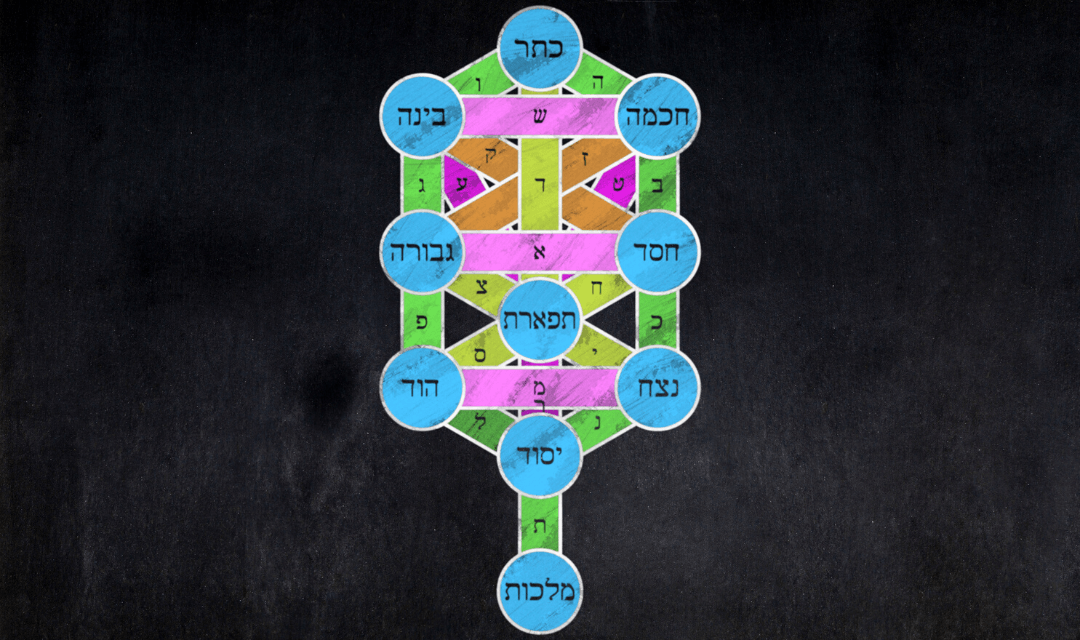By Hank Hanegraaff
Kabbalah is a form of Jewish mysticism that is being packaged and popularized for Western consumption. Leading the “red string” craze are such celebrities as Madonna and Demi Moore. In the final analysis, Kabbalah is just one more dish in a smorgasbord of popular religions that distort the true meaning of Scripture and oppose the gospel of Christ.
First, Kabbalists search for mystical meanings and messages in the Torah that allegedly have power to remedy personal and social ills. Indeed, Kabbalists believe that through Kabbalah, the unfettered communion with God experienced in Eden can be regained. As such, Kabbalism has more in common with the esotericism of Gnostic cults than with orthodox Christianity.
Furthermore, Ein Sof—the dualistic and ultimately unknow- able deity of Kabbalah—bears little resemblance to the God of the Bible. Unlike Ein Sof, the Everlasting Sovereign is perfect in unity and simplicity and has ultimately revealed Himself through Jesus Christ (cf. John 1; Colossians 1; Hebrews 1).
Finally, Kabbalah holds to reincarnation, which can never be reconciled with the Christian hope of resurrection. The biblical teaching of one body per person demonstrates that the gulf between reincarnation and resurrection can never be bridged. Far from the transmigration of our soul into another body, Christianity holds that Christ will transform our body like unto His resurrected body (cf. 1 Corinthians 15).
No one has seen God at any time. The only begotten Son, who is in the bosom of the Father, He has declared Him.
John 1:18 NKJV
For further study, see Marcia Montenegro, “Kabbalah: Getting Back to the Garden,” Christian Research Journal, 28, 2 (2005): 12–21.
***Note the preceding text is adapted from The Complete Bible Answer Book: Collector’s Edition: Revised and Expanded (2024). To receive for your partnering gift please click here. ***
